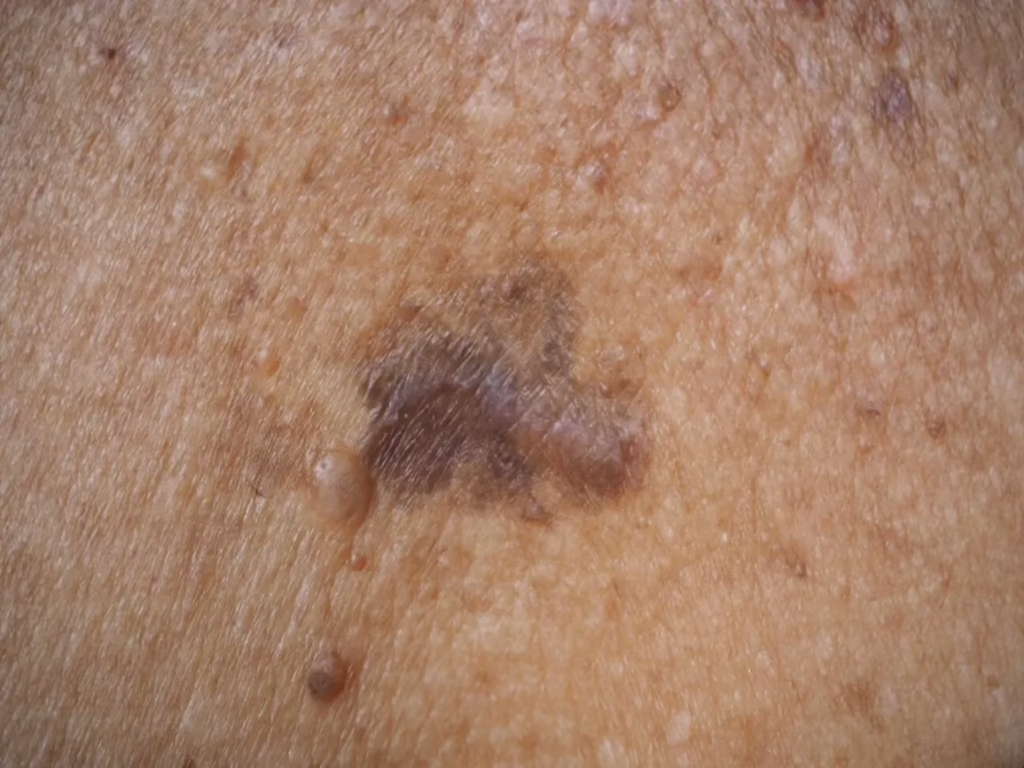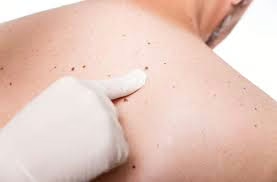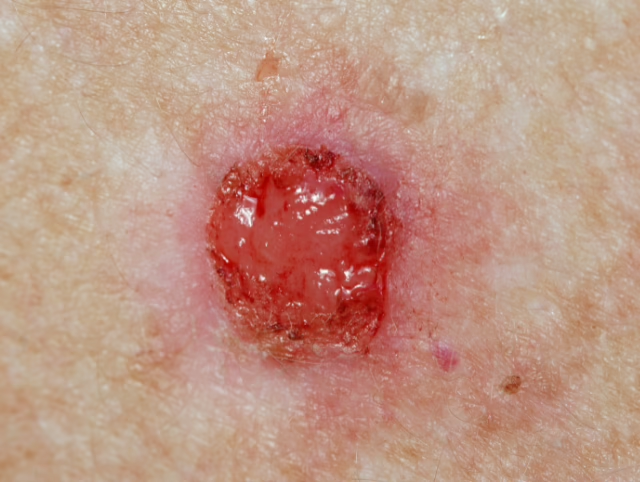
Table of Contents
ToggleCan Skin Cancer Kill You? Early Detection and Treatment Saves Lives
When you hear the phrase “skin cancer,” it’s easy to experience involved or scared feelings every day. One of the most common questions humans ask is, “Can sores and skin cancer kill you? ” The sincere solution is yes; however, it relies upon several elements like the type, level, and how quickly it is observed and dealt with. The excellent news is that when caught early, skin cancer is one of the most treatable forms of cancer.
At Wall Dermatology, we trust expertise brings peace of mind. There are three fundamental types of skin pores and skin cancer: basal cell carcinoma, squamous cell carcinoma, and melanoma. The first are commonly less competitive and rarely unfold at the same time, as most cancers may be more serious if disregarded.
So, when we ask, can skin cancer kill you? What we are really talking about is timing and awareness. In most cases, especially when treated early, they never reach a dangerous stage. That is why early detection is your strongest defense. With regular checkups, you can turn a scary question into a story of prevention and recovery.
Key Takeaways
Skin cancer can be severe; however, it is also one of the most preventable and treatable cancers. The query of whether pores and skin cancers kill you depends totally on how early they are found and handled. Basal cell and squamous mobile cancers are rarely deadly, while melanoma carries a higher danger if unnoticed. The earlier you act, the better your chances of full recuperation. At Wall Dermatology, we inspire all people to live alert, guard their skin from the sun, and agenda recurring checkups. Awareness saves lives—and your skin merits that care and attention.

How Serious Can Skin Cancer Be?
Basal cell carcinoma (BCC) is the most common type. It grows slowly and rarely spreads to other parts of the body. Squamous cell carcinoma (SCC) is slightly more aggressive and can cause problems if left untreated. The most serious form is melanoma, which can spread rapidly throughout the body and can become life-threatening if not treated quickly.
It is important to remember that early diagnosis changes everything. When caught in the first stages, even melanoma has a very high survival rate. That is why experts and our team at Wall Dermatology stress the importance of annual skin checks and paying attention to any new or changing spots on your skin.
When people ask, Can skin cancer kill you? We want them to know the risk depends on how soon it is found and treated. With today’s technology and medical care, survival rates are very high for early-stage cases. What matters most is not ignoring the warning signs.

Spotting the Early Warning Signs
The earlier you catch it, the higher your chances of recuperation. So, how do you realize when it is time to seek a health practitioner? One of the great things you may do is be acquainted with your own skin.
Look for changes, inclusive of new growth, a sore that does not heal, or a mole that shows modifications in color, duration, or shape. Melanoma regularly follows the ABCDE rule: Asymmetry, Border irregularity, Color modifications, Diameter larger than 6 mm, and Evolving appearance.
These adjustments are your frame’s manner of saying something is probably incorrect. If you have got truthful skin, a family history of pores and skin cancer, or spend a lot of time in the sun, your risk is higher. Do not panic; simply be proactive.
Regular skin exams can save your life. Our specialists at Wall Dermatology often say the earlier we see it, the easier it is to treat. So, when it comes to whether skin cancer can kill you, the answer becomes much less frightening when you take preventive steps.
Treatment, Hope, and the Power of Early Action
Even though the phrase ‘sores and skin cancer can kill you’ sounds alarming, most cases have a high-quality outcome with early care. Treatments nowadays are more powerful and much less invasive than ever. Depending on the type and stage, options may additionally encompass surgical removal, Mohs surgical procedure, cryotherapy, or radiation.
Advanced cases may additionally want immunotherapy or targeted medication; however, these are uncommon when sufferers act early.
At Wall Dermatology, we take a customized approach to treatment. We make sure our patients understand every step, from evaluation to healing, due to the fact fear regularly comes from the unknown.
Our assignment isn’t always simply to deal with pores and skin cancer but to guide you through the process with compassion and care.
So yes, if skin cancer is ignored for too long, it can kill you. Unfortunately, this can happen. But for the majority of patients who are seeking assistance early, the outlook is bright. With the proper care, the proper treatment plan, and a touch of vigilance, pores and skin cancer do not have to define your life; they could truly be a challenge you overcome.
Frequently Asked Questions
Can skin cancer kill you if it is caught early?
When determined early, skin cancer is usually curable. The key is regular checks and kicking off therapy before it spreads over the skin.
Which type of skin cancer is most dangerous?
Melanoma is the most aggressive kind due to the truth that it can spread rapidly to different parts of the body.
However, even cancer may be dealt with correctly if caught early.
How fast can skin cancer become life-threatening?
It varies. Some sorts grow slowly over months or years, at the same time as melanoma can develop fast within weeks or months. That is why any suspicious exchange ought to be checked properly.
What can I do to prevent skin cancer?
Use sunscreen every day, avoid tanning beds, put on protective clothing, and be aware of your dermatologist for everyday pores and skin checks. Prevention and early detection honestly make a difference.
If I had skin cancer once, can I get it again?
Yes. Once you’ve had polyps and skin cancers, your risk of developing them again increases, so continued monitoring is vital.
Continue to go to your dermatologist and take note of any new changes.
